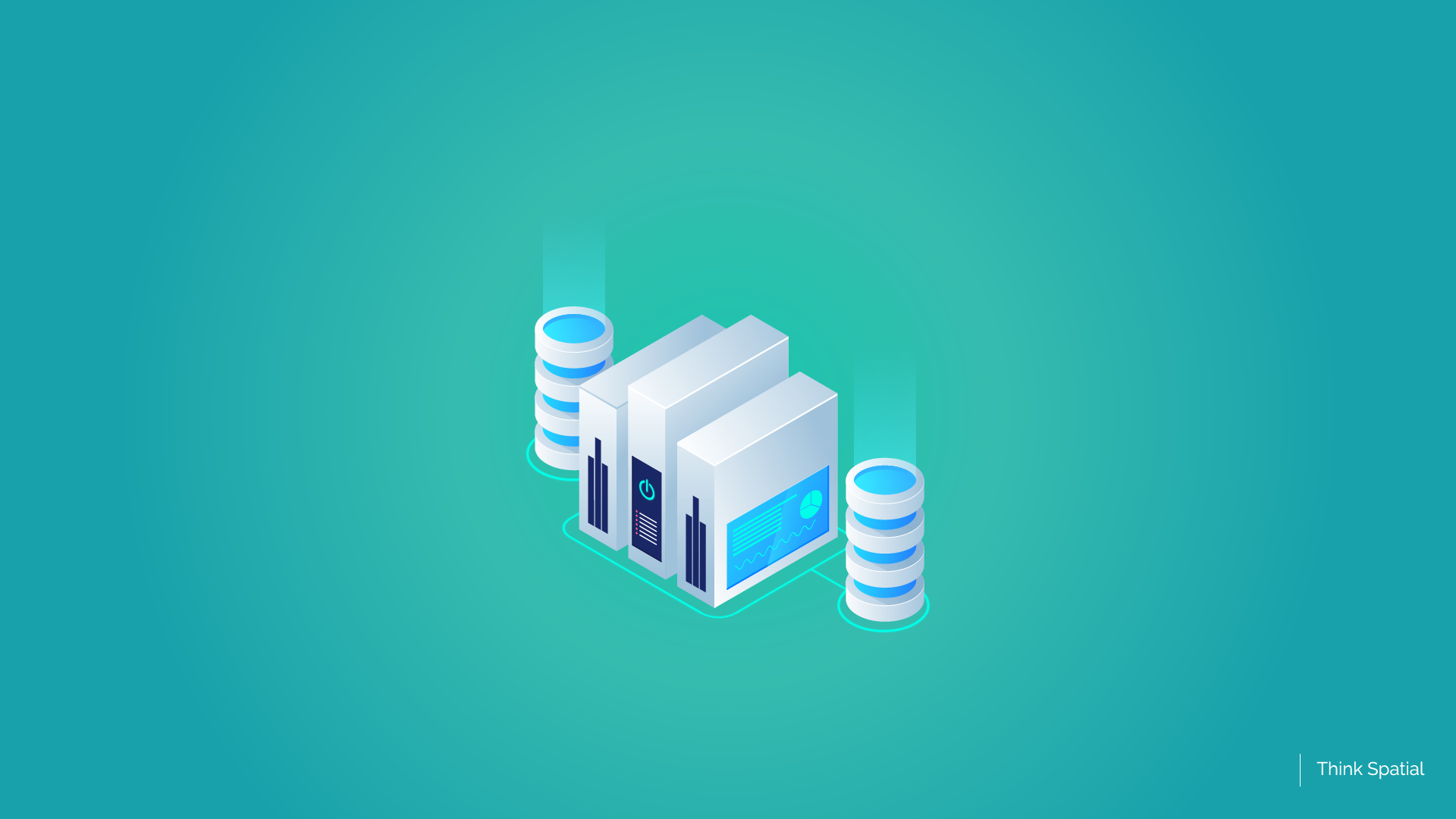As businesses grow rapidly, managing and storing data becomes increasingly important. The solution for this is a data warehouse.
A data warehouse serves as a central storage system that helps businesses organize, analyze, and make better use of their data. With a data warehouse, businesses can more easily identify patterns in their data, which can simplify the decision-making process.
In this article, we’ll dive into everything you need to know about data warehouses, including their meaning, benefits, and how they can be applied in business.
Contents
What is a Data Warehouse?
A data warehouse is a system designed to store various types of information, including both internal company data and relevant external data. The data collected is then used for in-depth analysis, such as identifying patterns and trends.
Data warehouses are often referred to as a “single source of truth” because they consolidate information from multiple sources into one place. Over time, the volume of stored data grows, forming a rich historical dataset.
This data becomes a crucial resource for data scientists and business analysts, helping them improve decision-making accuracy, enhance strategy development, and drive more effective company growth.
Benefits of Using Data Warehouses for Your Business
It’s often said that good analytical data can lead to higher revenue, and that’s true. The more data you have, the more insights you can gain to help businesses stand out and stay competitive in the market.
With access to more complete information, companies can make more informed decisions, better understand customer needs, and quickly adapt to market changes. All of these advantages come from using a data warehouse.
Here are some of the key benefits businesses can enjoy by relying on a data warehouse:
Increase Revenue
One of the main benefits of using a data warehouse is increased revenue. This happens because data warehouses improve data cleansing and transformation processes.
These processes enhance the quality and consistency of data, making it cleaner and more structured. With high-quality data, businesses can generate better insights, leading to more accurate decision-making and ultimately driving a higher return on investment across all areas of the business.
Make Better Decisions
A data warehouse is where all company data is stored in a single, centralized system. This allows businesses to analyze data more deeply and use those insights to make more accurate and strategic decisions.
For example, a data warehouse may store marketing data, such as campaign performance over different periods—monthly, quarterly, or yearly. By analyzing this data, businesses can spot patterns and identify which campaigns are underperforming and which ones are delivering the best results.
With this information, businesses can refine their campaign strategies and focus on the initiatives that yield the best outcomes.
Eliminate Data Silos
Data warehouses also help solve the common issue of data silos, where each department stores its own data separately, making management inefficient.
With a data warehouse, teams across departments can easily access the data they need from other areas, without having to wait for specific teams to share it. This not only speeds up processes but also boosts efficiency and helps the company make quicker, more informed decisions.
How Data Warehouses Are Applied in Business
Now that we’ve covered what a data warehouse is and its benefits for businesses, let’s take a look at how it’s implemented in practice.
Marketing and Sales Division
Data from the marketing and sales teams are often scattered across different platforms, such as CRM systems and sales data. When businesses need this data, it can be challenging to locate or sometimes even lost.
With a data warehouse, marketing and sales teams can access a single, centralized source of data that includes both internal and external information, like social media insights, paid advertising data, and web analytics.
This centralized data allows teams to easily access and analyze standardized data, enabling them to gain deeper insights and track campaign performance or metrics more effectively.
Performance Evaluation
Another key use of a data warehouse is evaluating the performance of each team within the company. With integrated data, team leaders or managers can analyze team performance in greater depth.
This data can then be presented in reports or dashboards that showcase how each team is performing. For example, a manager can assess the marketing, sales, and customer service departments using metrics like customer lifetime value, product usage patterns, and lead generation sources.
By using these metrics, managers can gain a clearer understanding of team performance, allowing them to develop more effective strategies to improve outcomes and team achievements.
Streamline Your Business Data Management Using LOKASI Intelligence
LOKASI is a geospatial analysis platform that integrates location intelligence with comprehensive location data. With LOKASI, businesses can efficiently manage and centralize all their data, from both internal and external sources.
This makes it easy to access data and gain valuable insights, speeding up decision-making processes. By leveraging this information, businesses can adapt quickly, respond to market changes, and optimize their operational strategies.
Find out more about how LOKASI Intelligence can support your business by reaching out via email at [email protected] or WhatsApp at 087779077750.
FAQs
What is a data warehouse?
A data warehouse is a data management system that stores a variety of information, including data from a company’s internal database and relevant external sources.
What is the function of a data warehouse system?
The primary function of a data warehouse is to act as a “single source of truth,” meaning it consolidates data from multiple sources into one central repository.
What is the role of a data warehouse?
The role of a data warehouse is to serve as a centralized storage system that gathers information from various sources, making it accessible for analysis and decision-making.



